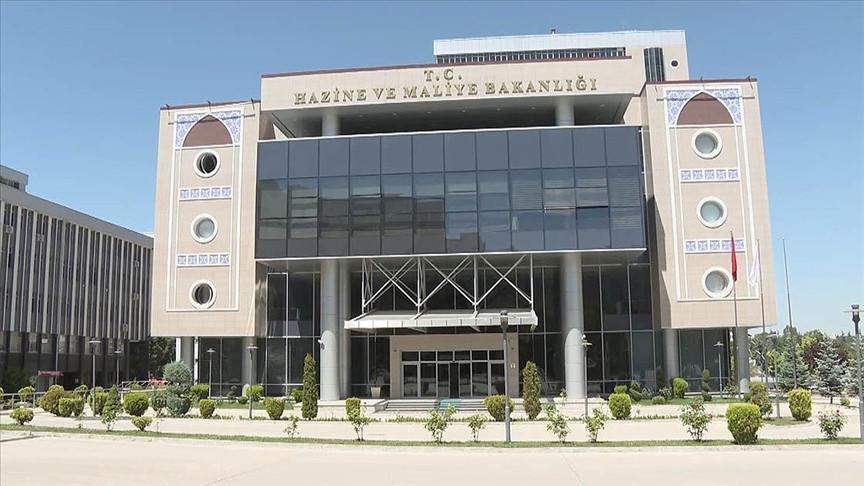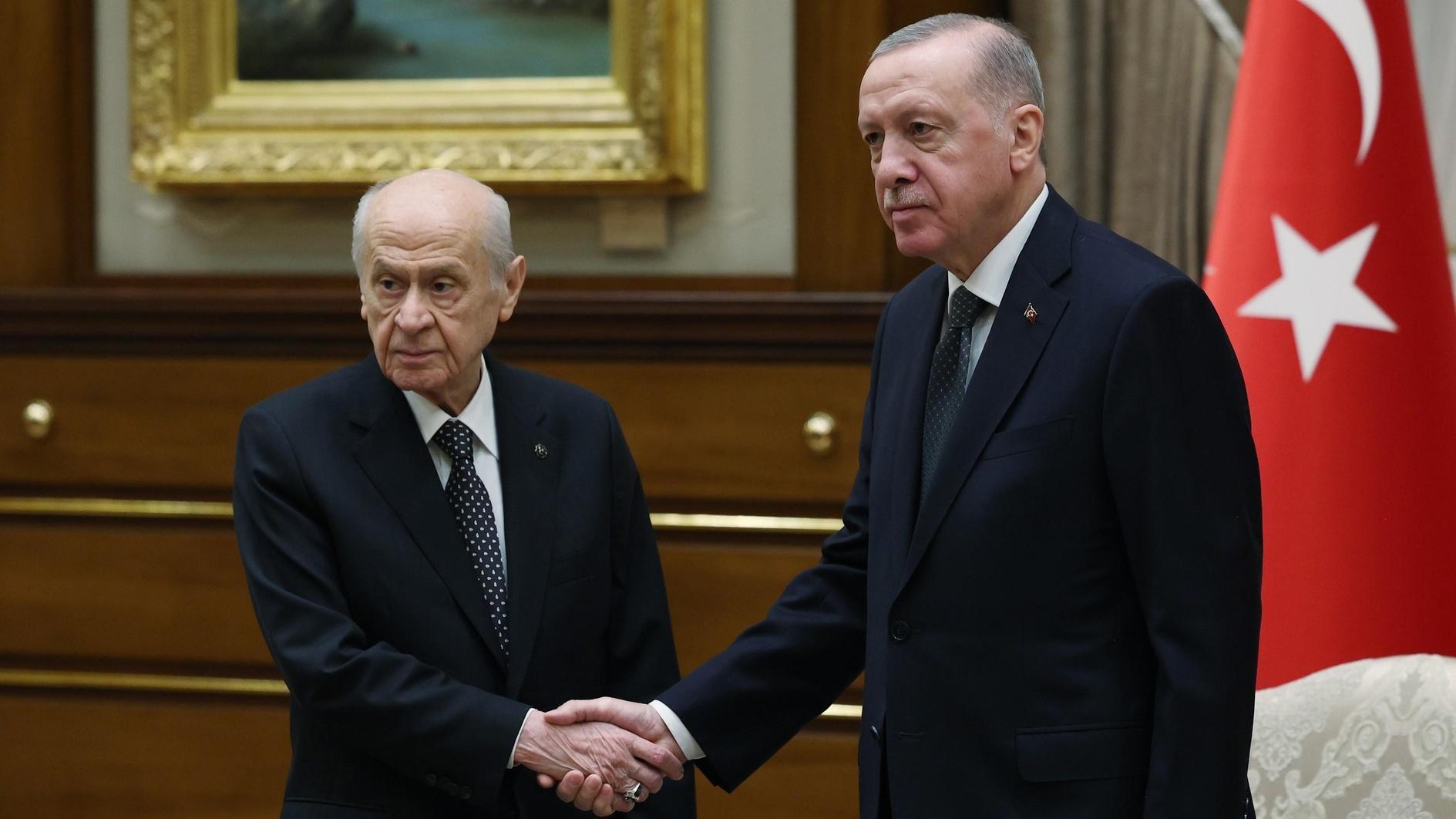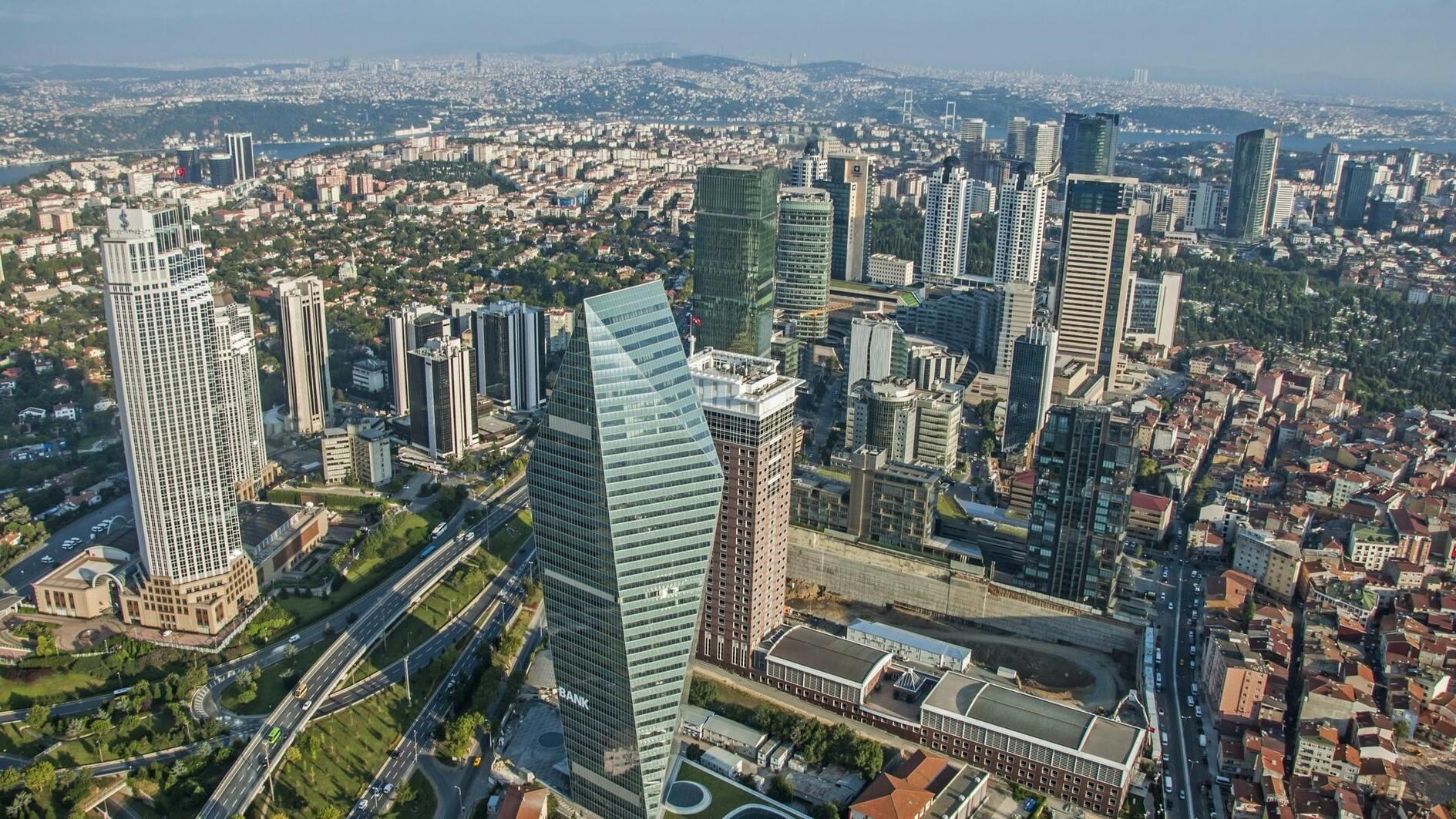Gauck updated EU outlook on Turkey
Some eyebrows were raised among Turkish government circles when German President Joachim Gauck had included a public speech at the Middle East Technical University (ODTÜ) in Ankara, during his official visit to Turkey.
Being one of the most prestigious universities in Turkey (the only university from Turkey in the top 100, globally) ODTÜ is also renown with its traditional opposition stance, which has not changed, but even increased under Prime Minister Tayyip Erdoğan’s Justice and Development Party (AK Parti) government.
From protesting the building of a road passing by the campus, causing many trees to be cut down, to demonstrations supporting the Gezi Park protests that started in Istanbul in 2013 and against ban over social media, ODTÜ students as well as academic staff were present.
Then came leaks about Gauck’s messages in Turkey. He was to criticize –though amicably– Turkey’s recent records on the rule of law, media freedom and similar topics in relation with the basic values of the European Union, which Turkey has been desperately trying to be a part of for the last half-a-century.
Then, words started to be whispered from some government sources that, because of the system in Germany, Gauck was a “symbolic” president, has no executive power, and so whatever he has to say would not have a binding effect on the Angela Merkel government.
Obviously, that was an attempt to downplay what Gauck could say during his stay in Turkey in advance.
As far as I could see, not only from the joint press conference with Turkish President Abdullah Gül and the speeches he delivered, but also a German Embassy dinner that I had the chance to attend that he is totally aware of the problems in Turkey, between Turkey and Germany and the EU and also the mistakes that Germany and EU have made regarding Turkey.
For example, he is aware that pushing Turkey away from the EU all of the time has been counterproductive so far and it may have contributed to the authoritarian tendencies in Turkey, which is not good for Germany as well.
In a way, with his words here, Gauck has updated Ankara with Germany’s, and actually the EU’s, recent outlook for Turkey.
The relative economic success of Turkey, which meant lucrative business for European companies in times of crisis, cannot be a justification to neglect the democratic solidarity with the Turkish people on rights and freedoms, which are assumed as basics in EU principles.
In the presidential elections in August, for the first time, Turkish citizens in Germany will be able to cast their votes, with almost 1.4 million voters. That’s why talking about the government’s intervention with courts, ban on social media and the general condition of media freedom he used a careful and “between friends” kind of language. The two countries are NATO allies, after all.
Similarly, Gül’s language while pointing out the neo-Nazi-origin threats against the Turkish community in Germany and spreading “Islamophobia” was careful, too. Gül also knows that the road for better relations with the EU passes through Germany (along with France) and better relations with the EU means the improvement of rights and freedoms in Turkey.











